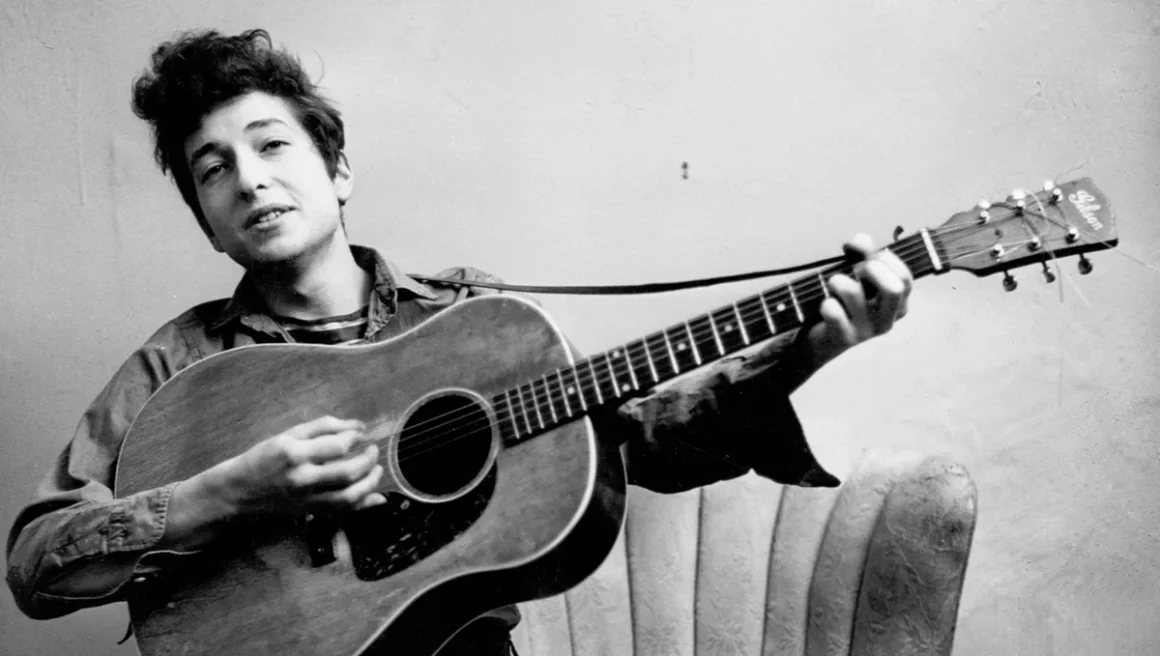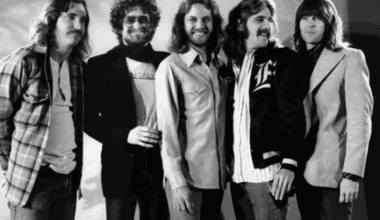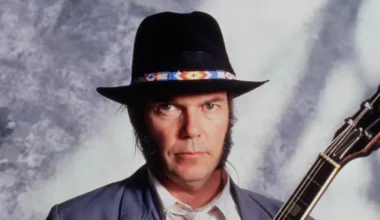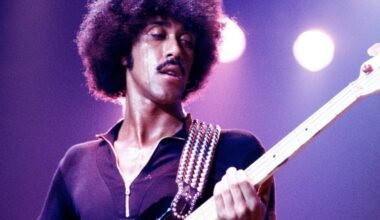Bob Dylan was never one to overanalyze his own genius. His music, as he once put it, seemed to come from somewhere beyond him. “Music filters out of me in the crack of dawn,” he explained. “You get a little spacey when you’ve been up all night, so you don’t really have the power to form it. But that’s the sound I’m trying to get.”
Dylan was so consumed by his writing in the 1960s that he thought “ghosts” were responsible for some of his best songs. His 15-month creative run, which includes the releases of Bringing It All Back Home, Highway 61 Revisited, and Blonde on Blonde, is still regarded as one of the most incredible in music history. From his debut album in 1962 to the decade’s end, he put out nine records, with at least three easily considered among the greatest of all time.
But that kind of momentum couldn’t last forever. Eventually, Dylan slowed down—literally and figuratively—after a 1966 motorcycle crash that forced him into seclusion. The 1970s saw him take a different approach to songwriting, turning inward rather than critiquing the world around him. And while he never stopped creating, he admitted that something had changed.
In his memoir, Dylan reflected on his 1960s prime and singled out three songs he felt he could never write again: ‘Masters of War’, ‘A Hard Rain’s A-Gonna Fall’, and ‘Gates of Eden’. These weren’t just great songs—they were, in his view, almost supernatural. By the time he worked with Daniel Lanois on Oh Mercy in 1989, he was chasing that same creative magic, but he knew it was out of reach.
“Those kinds of songs were written under different circumstances, and circumstances never repeat themselves. Not exactly,” Dylan admitted. “I couldn’t get to those kinds of songs for him or anyone else. To do it, you have to have power and dominion over the spirits. I had done it once, and once was enough.”
Despite that realization, Oh Mercy was widely regarded as his best album since Desire—a triumph, but missing the ethereal intensity of his ‘60s classics. Dylan, however, didn’t seem to mourn the loss of that creative fire. He had already passed the torch, writing years earlier, “I was so much older then, I’m younger than that now.”
Looking back, he accepted that his greatest songwriting era was behind him. But he was sure that someone else, someday, would tap into that same mystic force. “Someone would come along eventually who would have it again—someone who would see into things, the truth of things—not metaphorically, either, but really see, like seeing into metal and making it melt.”
Dylan had done it once, and for him, that was enough.







